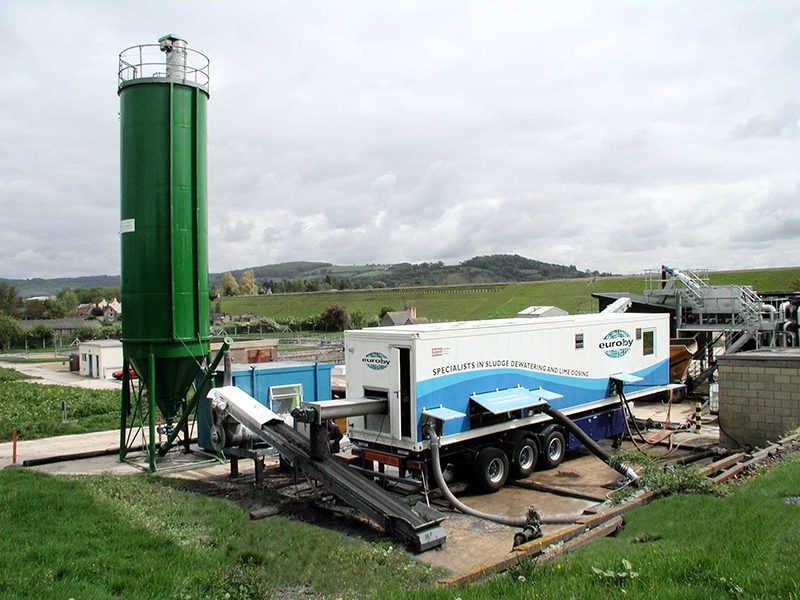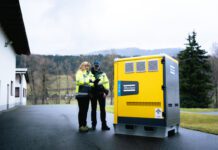
Waste treatment expert Euroby offers some background to the decision to use dewatering equipment, and expands further on its own offering
Dewatering (and thickening) is an essential process across a whole range of industries, including refineries, the pharmaceutical sector, mining operations, the petroleum industry, food and beverage manufacture and various others. Municipal organisations use dewatering in both sewage and potable /drinking water applications
In essence, dewatering involves the separation of solid matter from water using filtration and centrifugal technology, either as part of a manufacturing process or to separate waste products for more effective reuse or disposal.
Why don’t companies just do it themselves?
When dewatering is such an essential part of a manufacturing process, you might wonder why businesses in the above sectors will turn to a third-party supplier instead of simply installing their own dewatering technology.
Sometimes it is a simple case of their own equipment having broken down or not being able to meet capacity demands. But there is also a growing trend towards outsourcing non-core activities, in which case it pays to employ the services of a firm with the skills, experience and equipment to carry out the dewatering function faster, cheaper and better.
Waste treatment firm Euroby, for example, has over 20 years experience in the dewatering business, and is a partner of German manufacturer Flottweg, a specialist in the area of liquid-solid separation, and so has access to the latter’s worldwide network and expertise. This gives us unprecedented access to the best knowledge, the latest equipment and the most cutting-edge research in all aspects of dewatering.
Our engineers will pay a visit to the site, take a sample and perform what is known as a spin test. This will give an immediate indication of the separation efficiency using g-force. If necessary we can then follow up this preliminary analysis with laboratory testing that will provide us more accurate separation data. At this stage, we can identify the best dewatering strategy to adopt.
For more routine enquiries, we will gather the necessary data relating to the type of job, the flow rate and so on in order to determine the type of equipment that will be needed.
The dewatering equipment will typically consist of a centrifuge mounted either within a container or trailer or on a frame, which can be operated either outside or within a building. All our equipment has the capacity to operate completely independently, using its own power supply or generator, alternatively, it can be run from the client’s power supply if appropriate.
At Euroby, we deliver a one-stop solution, supplying all the necessary equipment and reagents, and remove the processed material in the most appropriate way.







